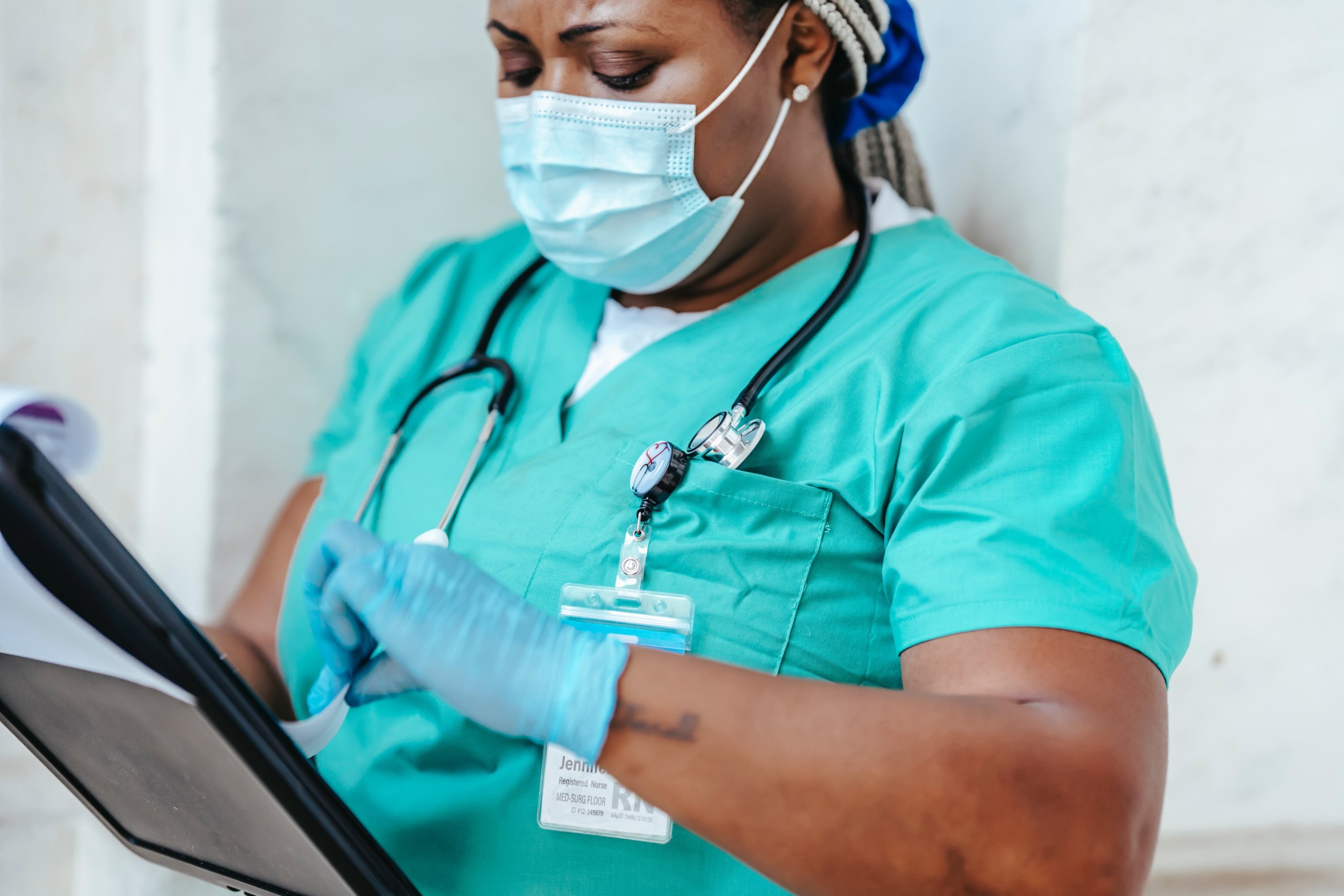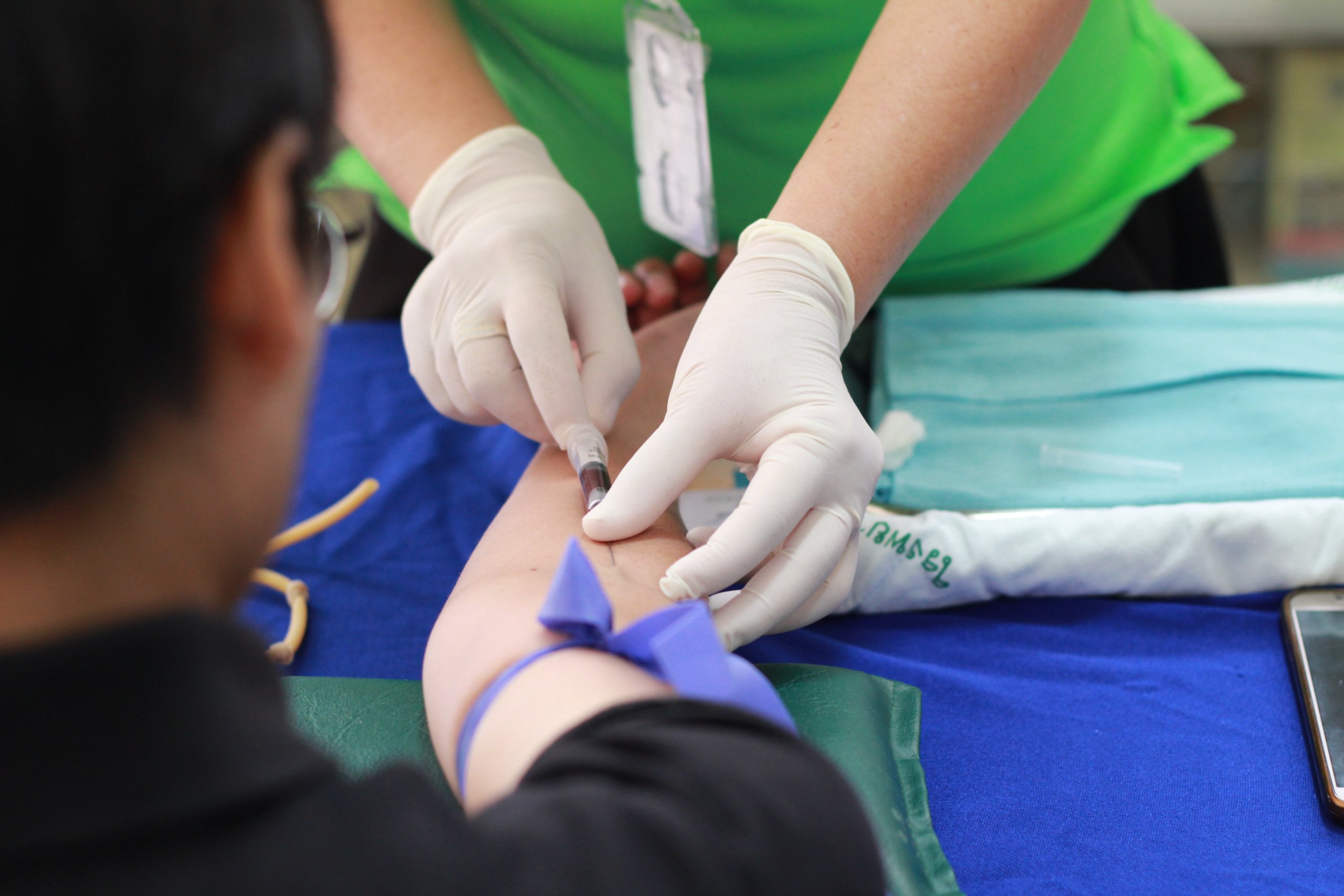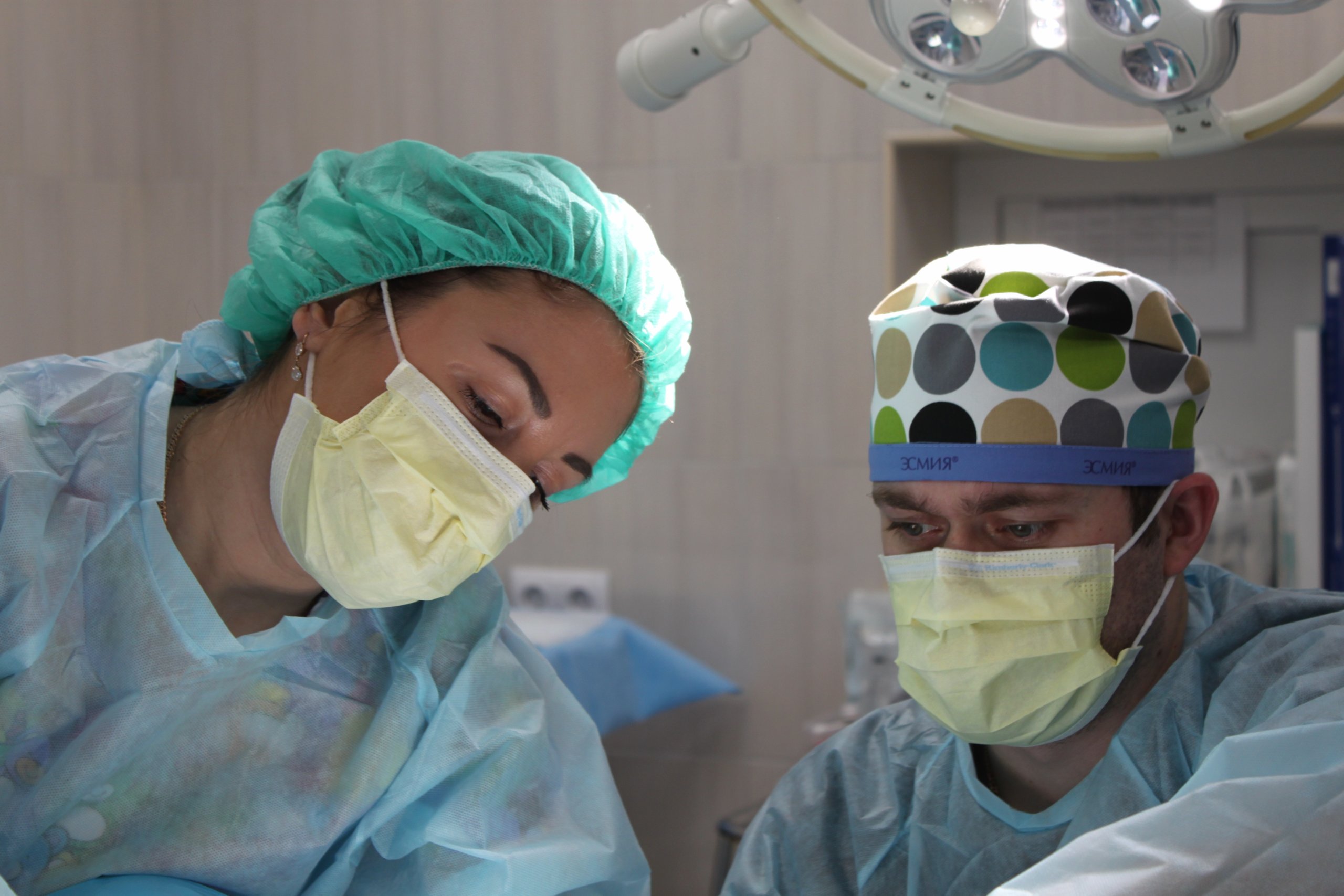
When it comes to healthcare, few emerging technologies have garnered as much hype as the development of artificial intelligence (AI). And for good reason — AI will undoubtedly disrupt medicine. But whether that’s for better or for worse depends on numerous factors.
On one hand, AI could tap into the immense amounts of data and insights in the healthcare ecosystem to revolutionize every aspect of it. On the other hand, improperly trained or used AI could promote unsafe practices, misdiagnose maladies, and demolish the trust of all medical stakeholders involved.
Recently, Google researchers Alvin Rajkomar, M.D., and Jeffrey Dean, Ph.D., teamed up with Harvard Medical School’s Isaac Kohane, M.D., Ph.D., to release a new blueprint in the New England Journal of Medicine. It gives an overview of both the good and bad that AI could bring to modern medicine.
Let’s dive in.
AI + (Good) Data = Better Diagnostics
AI usually steals the spotlight in medicine due to its profound diagnostic capabilities. Even in their infancy, machine learning applications are regularly beating radiologists and pathologists at their own game by detecting and diagnosing maladies like skin cancer and retinal disease with unparalleled accuracy. And this is all due to recent advancements in transfer learning and machine vision.

Transfer learning enables a previous trained AI radiologist to quickly pick up another similar skill. For instance, let’s say we have an algorithm that was trained on millions of images of everyday objects from popular repository ImageNet. We could then re-train this algorithm on only 100,000 retinal images for it to become adept at diagnosing two common culprits of vision loss.
With that said, it’s no surprise that machine learning is well-equipped to identify maladies or conditions that are likely to pop up in a patient’s future by analyzing data collected during routine check-ups and treatments. Such systems could usher in a new era of preventive healthcare and allow doctors to nip issues in the bud while decreasing costs for patients. This may sound like science fiction, but AI has already shown to be superior over human practitioners in building prognostic models with only raw medical imaging data.
Streamlining Physician Workflow
Of course, diagnosis is really only one facet which AI could immensely improve. Another obvious one is doctor workflow. Not only can AI-powered search engines efficiently filter for pertinent patient information, but endowing other technologies with AI, such as voice dictation or predictive typing, could substantially simplify the process of capturing medical data.

While this may not sound like the cutting-edge improvements you’d expect to see from AI, Rajkomar, Dean, and Kohane stress that this would be a game-changer. Paperwork takes up a ton of doctors’ time — time that could be better spent treating more patients. Not only would an AI-fueled workflow help train machine learning models faster, but it would also drastically reduce burnout, a common symptom among overworked physicians.
Beyond these capabilities, AI could also unlock the true potential of telehealth by automating triage. In the near future, patients may be able to use a mobile app to take pictures of a physical malady like a skin rash and obtain an AI diagnosis. From there, the app could then direct patients to the next steps of treatment, including seeing a doctor nearby who is best suited to deal with their ailment.
The Potential Pitfalls of Medical Machine Learning
There are some potential pitfalls to be aware of as the medical industry strives to realize the AI benefits we’ve discussed so far. And unsurprisingly, they all revolve around data.
To make any of this happen, physicians will have to be trained to collect the data needed to feed AI systems. And this is certainly easier said than done when considering a number of factors. AI systems would have to be vetted for possible bias to ensure they’re not reflecting financial incentives or leaving out conditions that don’t usually manifest symptoms.
This potential for bias to occur is also the main obstacle impeding AI from moving into treatment. Feeding an AI model treatment data may only result in it mimicking the prescription habits of the physicians that the data comes from. To get around this, all data would need to be carefully checked and curated.
Essentially, health tech developers will need to assemble a representative yet diverse set of data to ensure an AI system is more right than wrong and free from bias. And even then, neither patients or physicians should overly rely on AI diagnostics too much without double-checking.
Machine Learning In Medicine Is Inevitable
Regardless of these potential drawbacks, AI and machine learning will revolutionize healthcare one way or another. It’s only a matter of time and perspective on how to introduce it effectively while mitigating risks. Around the world, from San Francisco to Beijing, medical institutions are already employing AI in various capacities. Expect to see these instances to rapidly grow in number over the next few years.
Rajkomar, Dean, and Kohane are “carefully optimistic” about the possibilities of AI in medicine. They don’t believe that AI will ever completely replace doctors. Rather, if implemented cautiously and correctly, AI will provide the insights needed to augment the patient-doctor relationship.
Kohane explains, “This is not about machine versus human, but very much about optimizing the human physician and patient care by harnessing the strengths of AI.”
What do you think of AI’s future in medicine? How do you think it would be best to roll out this profound technology in healthcare systems across the world? Let us know in the comments!





